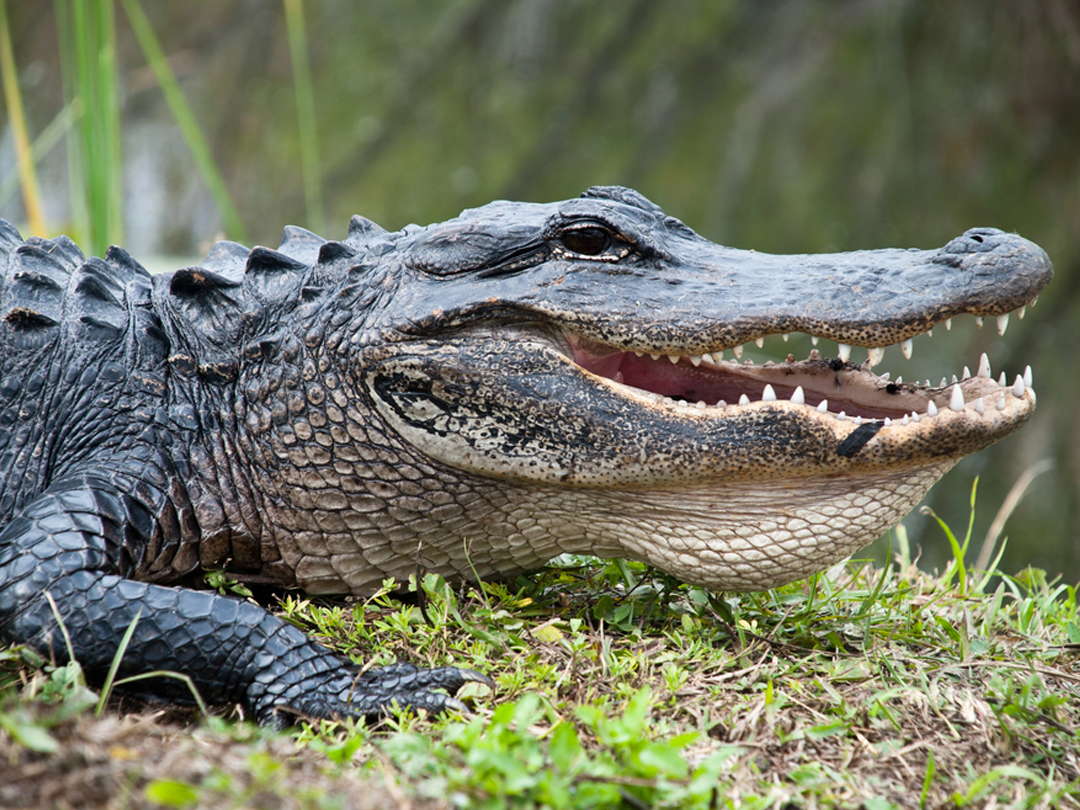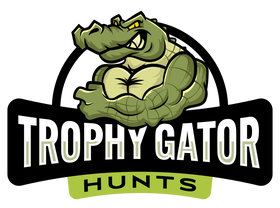A Guide To Alligator Hunting In Florida

Alligator hunting has deep roots in Florida’s outdoor culture. For many thrill-seekers and nature lovers, few experiences compare to the adrenaline rush of tracking one of the most powerful reptiles in its natural habitat. If you're planning to embark on this challenge for the first time or simply want to sharpen your skills, this guide to alligator hunting in Florida will walk you through the essentials. From the right gator hunting equipment to understanding state regulations, we’ve got you covered.
Each year, hunters from all walks of life travel to Florida’s wetlands in search of the American alligator. These prehistoric giants can exceed 13 feet in length and are known for their strength, stealth, and survival instincts. Whether you’re pursuing a trophy catch or just looking to enjoy the experience of a traditional hunt, preparation and knowledge are key.
The Basics of Florida Alligator Hunting
Florida’s alligator hunting season typically runs from mid-August through early November, during which the Florida Fish and Wildlife Conservation Commission (FWC) issues harvest permits. Each permit allows the holder to take two alligators from a designated management unit. These management units are carefully structured based on population assessments to ensure a sustainable harvest and long-term ecological balance.
For those hunting on private lands, regulations differ slightly. Landowners or licensed agents can obtain Private Lands Alligator Management Program permits, which allow for greater flexibility in hunting times and areas. However, all hunters must follow the legal requirements for methods of capture and tagging.
One of the most important rules is that each harvested gator must be tagged immediately using the state-issued CITES tag. This ensures accountability, traceability, and lawful possession of each animal. Whether you're hunting on public water or private land, you must also carry a valid alligator trapping license and complete the mandatory training course if you’re a first-time hunter.
Essential Gator Hunting Equipment
Success in the field depends heavily on preparation, and that begins with having the right gator hunting equipment. The gear you use plays a crucial role not only in achieving your target but also in ensuring safety and adhering to ethical hunting practices.
Most hunters use tools like snatch hooks, harpoons, and crossbows to locate and secure the gator before dispatching it with a bang stick or firearm. Some may also use fishing rods rigged with heavy test lines and weighted treble hooks to snag alligators after spotting them near the water’s surface. Once a gator is secured, the real challenge begins: retrieving and subduing the animal without injury or property damage.
Night hunting is extremely common, as alligators tend to be more active after dusk. A powerful spotlight is indispensable for scanning waterways and catching the glow of an alligator’s eyes as they reflect in the dark. Boats equipped with trolling motors or airboats are preferred for silent navigation and improved access to marshy areas where alligators tend to lurk.
In addition to capture gear, you’ll need heavy-duty ropes, gloves, and duct tape for securing the animal once it’s brought onboard. It’s also wise to bring along coolers, ice, and processing tools if you plan to keep the meat or preserve the hide. Every step must be executed with care, precision, and deep respect for the animal.
Licenses, Permits, and Legal Considerations
Before heading out, hunters must be licensed and have the necessary permits in accordance with Florida law. As part of the public alligator hunting program, you'll need to apply for a permit through the FWC’s application system. Permits are typically limited and awarded through a lottery process due to high demand.
If you’re lucky enough to be selected, your permit will grant you the right to harvest two alligators in a specified management unit. You must also purchase an alligator trapping license and two CITES tags to complete the process.
If you weren’t selected in the lottery or want more flexibility, consider a private land hunt. Many landowners and outfitters offer guided hunts that provide access to multiple tags, eliminating the need for public draw permits. While these may be more costly, they offer a greater chance of success and often include gear, equipment, and professional guidance.
As part of Florida’s commitment to wildlife conservation, all alligator hunters are required to report their harvests to the FWC, including submitting measurements and tag numbers. This helps maintain an accurate record of harvest totals and population trends across the state.
Understanding Alligator Behavior and Hunting Strategies
Knowing how alligators behave can significantly increase your chances of a successful hunt. Alligators are ambush predators and spend much of their time lurking beneath the surface or sunbathing on shorelines. They tend to be most active during the warmer months, especially at night, when they come out to feed.
Spot-and-stalk is a common method during nighttime hours. Using a bright spotlight, you can identify gators by the red glow of their eyes. Once spotted, a quiet and stealthy approach is key. Hunters slowly maneuver their boats toward the animal and attempt to hook or harpoon it before it has the chance to escape underwater.
Baited hook lines are also legal in certain situations, primarily on private lands. These consist of heavy-duty lines attached to floating buoys with baited hooks designed to catch a gator when it takes the bait. These lines must be attended and checked frequently to ensure quick, humane dispatch of any captured animals.
Whether you’re stalking in silence or baiting with patience, the key to any method is respect for the animal and adherence to Florida’s ethical hunting practices.
Safety First: Prepare for the Unexpected
Hunting alligators comes with its own set of risks. The strength and unpredictability of a wild gator demand caution and quick reflexes. Be sure to wear protective clothing and always handle weapons with care. Communication is vital, so if you're hunting in a group, make sure everyone knows their role.
Also, keep a well-stocked first aid kit on board and inform someone on land of your planned location and expected return time. A dead phone battery or unexpected engine failure can turn an exciting night into a dangerous situation, so plan accordingly.
Book Your Florida Gator Hunt With the Experts
If you're ready to take on the adventure of alligator hunting, we’re here to guide you through every step. At Trophy Gator Hunts, we provide expert-led, fully guided experiences for hunters of all levels. Our family-owned operation boasts over 30 years of experience and has achieved a 100% success rate, thanks to our knowledgeable guides and access to prime private hunting land.
We supply all the gator hunting equipment, assist with licensing and permits, and ensure that your hunt is safe, legal, and unforgettable. Whether you’re aiming for your first gator or seeking a 10-foot trophy, our team makes it easy to enjoy a successful Florida alligator hunting trip from start to finish.

